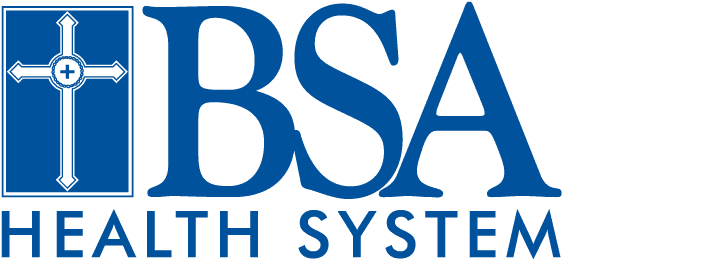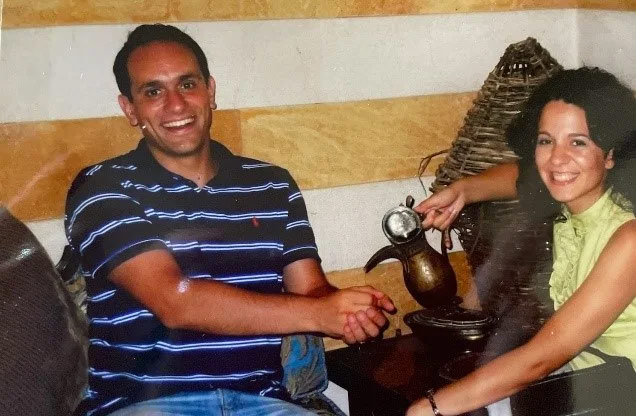This Women’s History Month, we are spotlighting BSA’s clinical education coordinator and resource educator for nursing services, Lisa Touma, RN, MSN.
Lisa has been with BSA since 2005. She has always had ambitions to enter the healthcare industry, but her path to get there was unique.
“I have always loved taking care of people and always wanted to be a nurse,” Lisa said. “It’s like it was ingrained in me for some reason.”
Lisa was born in Lebanon and lived there until she was six years old.
“One of my favorite things about the Lebanese culture is how family-oriented we are,” Lisa said. “Big Sunday dinners are common where aunts, uncles and loved ones will get together for a meal. One of my favorite historic places is Jbeil. It is blocked off to cars, so you can walk the pebble streets and shop. There is a beautiful church that has beautiful mosaics that were built by hand and a wonderful castle that you can go visit and tour.”
In 1986, her family relocated to the United States because of the war going on in Lebanon.
She attended school in the States up until her freshman year of college when her family decided to move back to Lebanon. It is there Lisa completed her Bachelor of Science in Nursing.
After earning her nursing degree, Lisa and her husband decided they would pursue their Master’s degrees in the U.S. The pair packed up and set their sights on Texas.
“Everyone asks me, ‘why Amarillo,’” Lisa said. “At the time, my sister, brother and aunt lived here in the Panhandle, so that is why we chose to move here.”
Lisa chose to work at BSA because she had always wanted to work in a big hospital.
“When I first graduated and I was still in Lebanon, I worked in a small ER,” Lisa said. “The hospital was located near a port in Lebanon and we would see a lot of on-the-job injuries there. Later, I got a job with the Ministry of Public Health in the United Arab Emirates and worked in a private hospital in Abu Dhabi for three and a half years. These were both great learning experiences, but I knew after that I wanted to get a job working in a big hospital.”
During her experiences outside of the United States, Lisa noticed some stark differences between the two healthcare systems.
“There was a difference in the patient-to-nurse ratio,” Lisa said. “The hospital where I did clinicals in Lebanon only had three nurses. You would have a private pay area: one nurse took care of those patients and then the other patients were doubled up in rooms. Some nurses had 10-12 patients apiece. In the ER where I worked, it was one nurse and one tech for six beds, with one on-call physician.”
Aside from the differences she noticed within the hospital, Lisa also believes, living in Lebanon gave her a greater perspective on life, which helps her in the work she does today.
“To have worked in a Third World country and then see the differences, makes you appreciate the little things,” Lisa said. “For example, electricity not being shut off (I had to study via candlelight many nights). I went on a date with my husband one time with wet hair because the electricity went out just as I was going to dry my hair.”
Lisa faced more challenges over the last year as she and her colleagues battled the coronavirus pandemic on the frontlines. She credits her passion and perseverance for getting her through.
“These are trying and difficult times right now to work in healthcare, but don’t let that stop you as it is still a very rewarding profession,” Lisa said. “You will not regret it. I feel like even the small good times are always what outweighs the bad.”
When asked what advice she would give to women interested in pursuing a career in the STEM field, Lisa said, “Do it! As Gandhi says, ‘Be the change you wish to see in the world!’”

